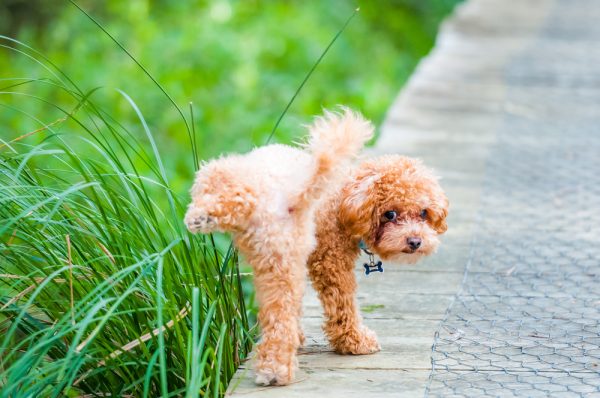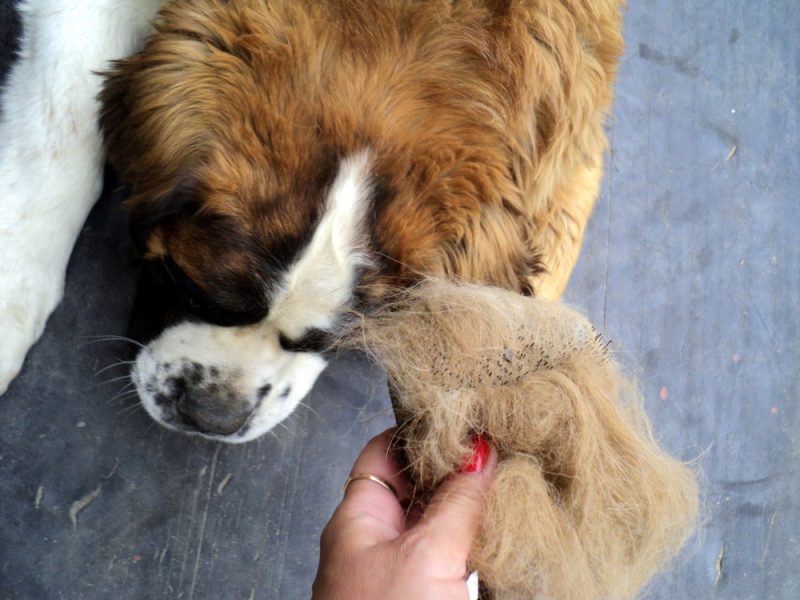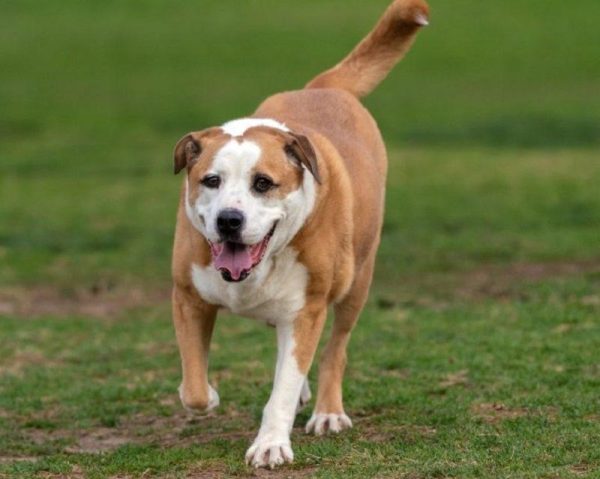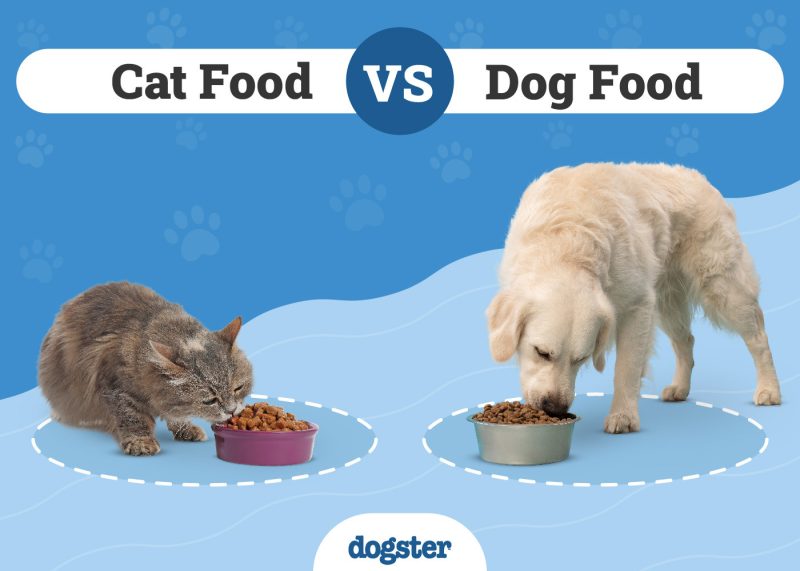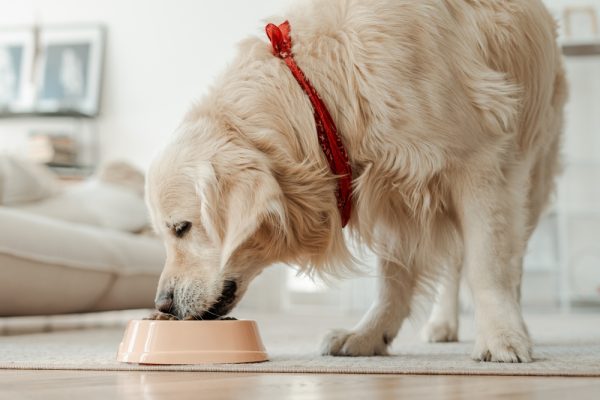Inbreeding isn’t as common as it once was in dog breeding, but some breeders still force males to mate with their daughters. This practice usually produces puppies that are nearly identical to the father. When a father mates with a daughter, the offspring’s genes are close to the father’s (because half of the daughter’s genes are also inherited from the father). Inbreeding helps create true-breed dogs with particularly desirable traits.
But are there risks or consequences of breeding father-to-daughter dogs? Yes, and this article highlights them all.

Risks & Consequences of Breeding Father to Daughter Dogs
A dog inherits exactly half of their genes from their mother and half from their father. This means that half of a female dog’s genes are those of her father’s. Therefore, if she mates with her father (an activity that dogs aren’t opposed to), each puppy’s genetic makeup will be around 75% similar to that of their father (which would also be their grandfather).
Although some people claim that inbreeding can be beneficial in certain circumstances, the risks outweigh the benefits. The Kennel Club has condemned the practice1, acknowledging the likelihood of the subsequent offspring inheriting severe health conditions.
These risks include the following.
1. Fertility Problems
Breeding father-daughter dogs can increase infertility because these inbred dogs lack gene variation, which is the difference in the DNA sequence in their genomes. Since the mother shares many genes with her father, reports indicate that male inbred puppies have lower fertility rates than outbreds2. In addition, inbreeding results in lower rates of conception and the total number of puppies that are born alive.
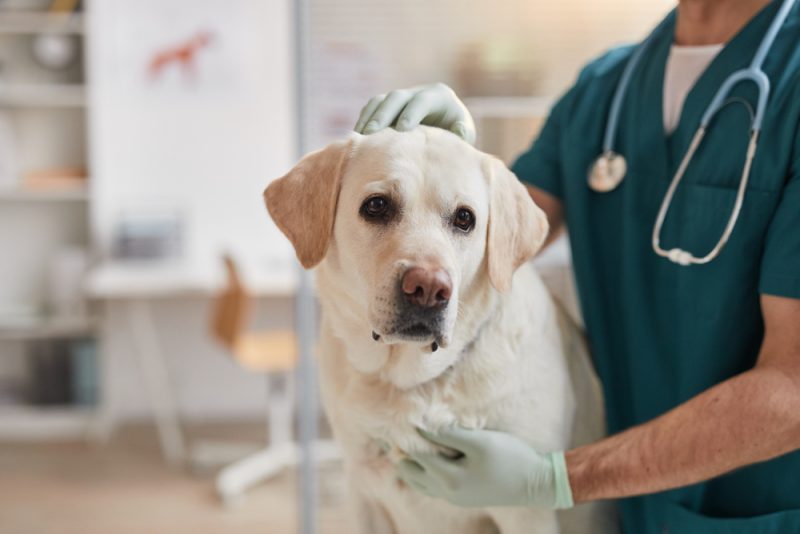
2. Limited Gene Pool
A gene pool is the genetic diversity in a population at a given time. Animals with a large gene pool have extensive genetic diversity. They can withstand challenges and stresses posed by their environmental conditions. The large gene pool enables growth and variety throughout the generational lines.
Inbred dogs, however, have small gene pools that make the breed prone to issues when faced with environmental stresses. Close inbreeding damages the potential for the gene pool to expand and makes the generational lines more susceptible to genetic disorders.
Did you know that inbreeding a dog for more than six generations reduces the genetic variation by over 90%? 3 This puts the inbred dog at risk of environmental changes or diseases. They are less likely to cope well with such changes.
3. Congenital Defects
Congenital disabilities are functional or structural anomalies that develop during intrauterine life. Breeding a father dog to a daughter can transfer abnormal genes to the litter. With inbreeding, recessive genes are more likely to be prevalent in the offspring since the father and mother share similar alleles in their genes. For this reason, it is not uncommon to see inbred puppies with eye disorders, abnormal bodies and faces, cancer, system disorders, and skeletal deformities.
These defects impact the puppies’ quality of life and their average lifespan. Owners also face the challenge of raising money for treatments or the decision to euthanize the pet. Unfortunately, some congenital disabilities aren’t initially noticeable. Some owners will raise healthy dogs, but the pups suddenly get sick because of an existing congenital disability.

4. Health Problems
To understand how inbreeding causes health problems, take the Cavalier King Charles as an example. They’re prone to heart problems, and several Cavalier King Charles dogs die from heart mitral valve disease (MVD).
If a father mates with the daughter and both are susceptible to MVD, this condition will be heightened in their offspring. The results? A sickly litter with a high mortality rate.
5. Behavior Difficulties
Some people claim that inbred dogs tend to display abnormal behavioral issues. Anecdotal claims state that they may lack affection, are more anxious and impulsive, and have higher aggression and irritation levels. They may also be more anxious and less intelligent than other dogs of the same breed.

Ethical Concerns of Breeding Father to Daughter in Dogs
Ethically, many people consider it unconscionable to breed father and daughter dogs. Inbreeding is what humans refer to as incest. Allowing inbreeding is reprehensible because it puts the lives of many dogs at risk.
To illustrate, consider the risks we discussed. Why would anyone breed father and daughter dogs only to incur expensive medical bills or be forced to euthanize a beloved pet? It’s best to avoid this practice and breeders who use it.

Frequently Asked Questions
Can I Breed Dogs With the Same Father?
Breeding half-sibling dogs increases the coefficient of inbreeding, which in turn, increases the likelihood of unwanted traits, congenital problems, and fertility issues in the offspring.
Are There Consequences of Breeding a Mother Dog With Her Son?
Yes, there are. It’s the same as breeding a father dog to a daughter. This breeding produces less diverse DNA in the litter because the genetic information is repeated. In essence, the puppies from such a breeding face the same issues resulting from a father-daughter breeding.

Conclusion
Many people rightfully claim that one should never crossbreed a father dog with a daughter. So, what happens if a dog gets pregnant by her father? Although there are chances of having a healthy dog, the risk of having a dog with serious health issues is even greater. Inbreeding reduces the offspring’s genetic variability and life span and makes them more prone to hereditary diseases. It’s vital to avoid this risky and—what some call—cruel practice.
See also:
- Common Dog Reproductive Problems
- Puppy Absorption in Dogs: Vet Approved Definition, Causes & What to Know
Featured Image Credit: Crystal Alba, Shutterstock





